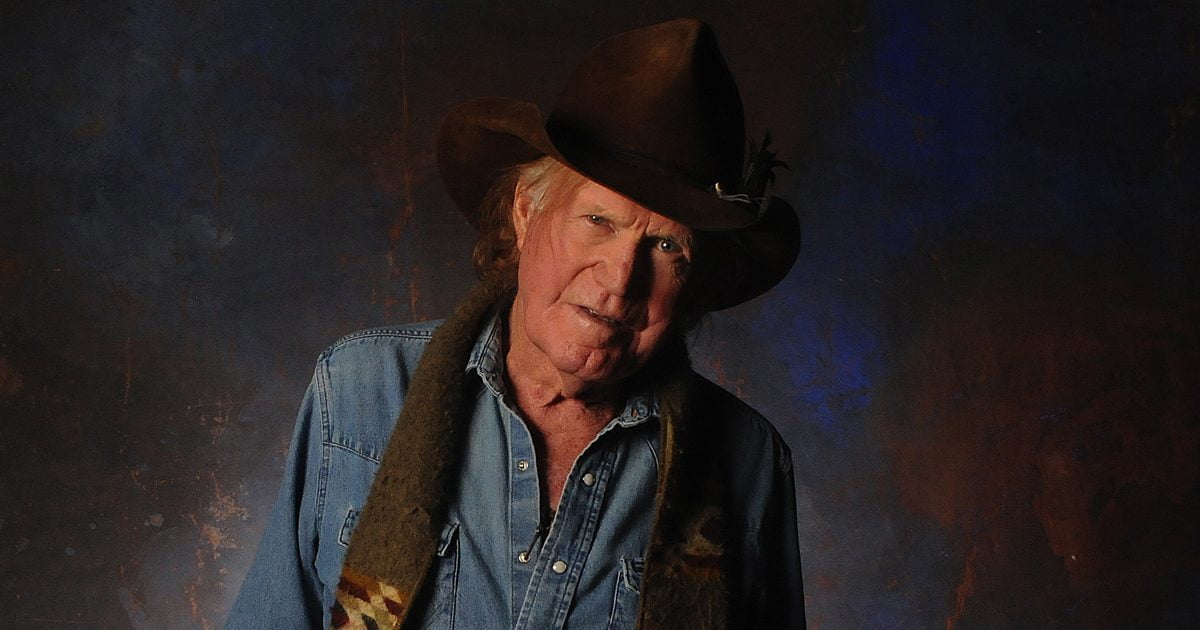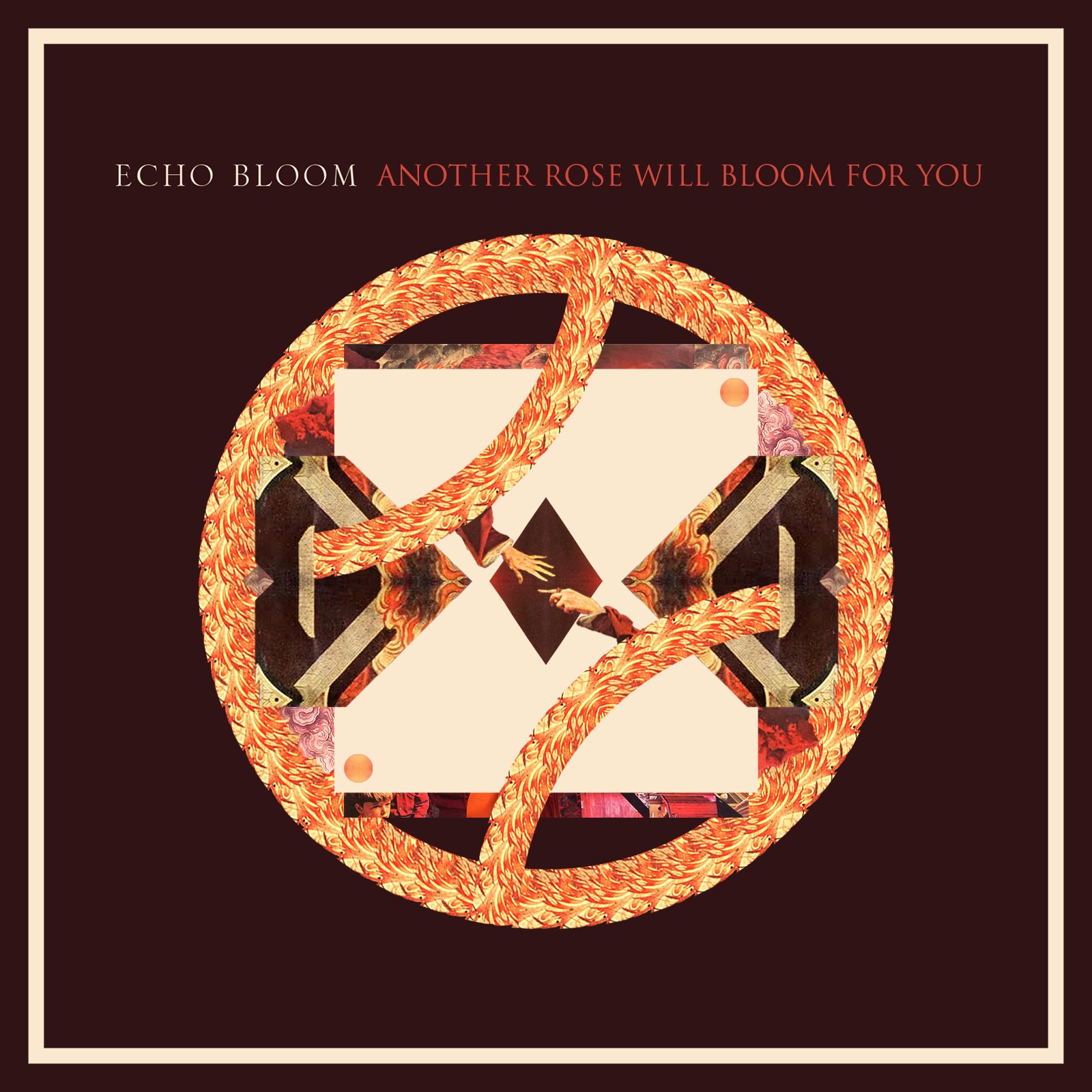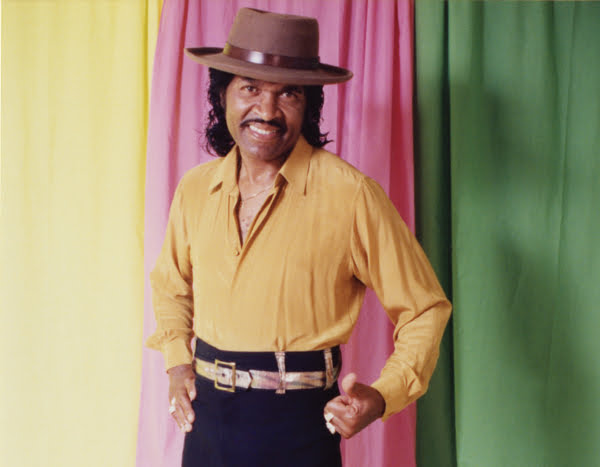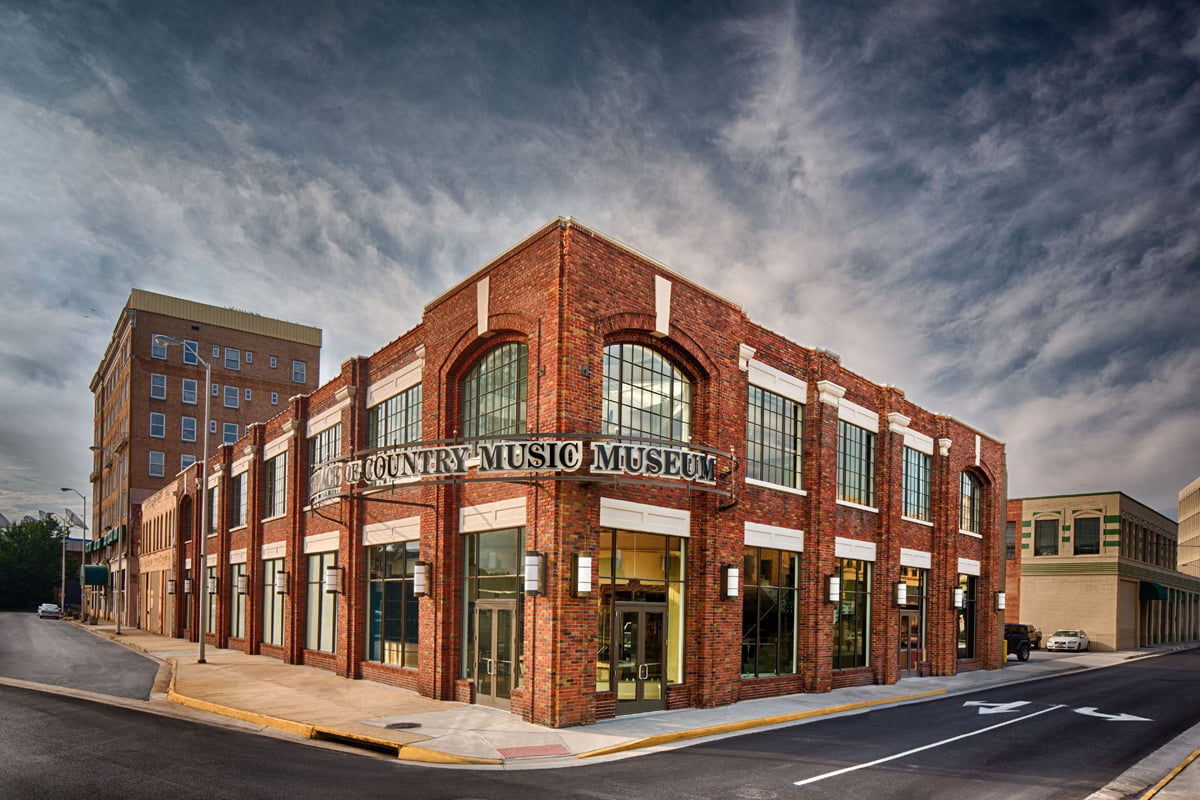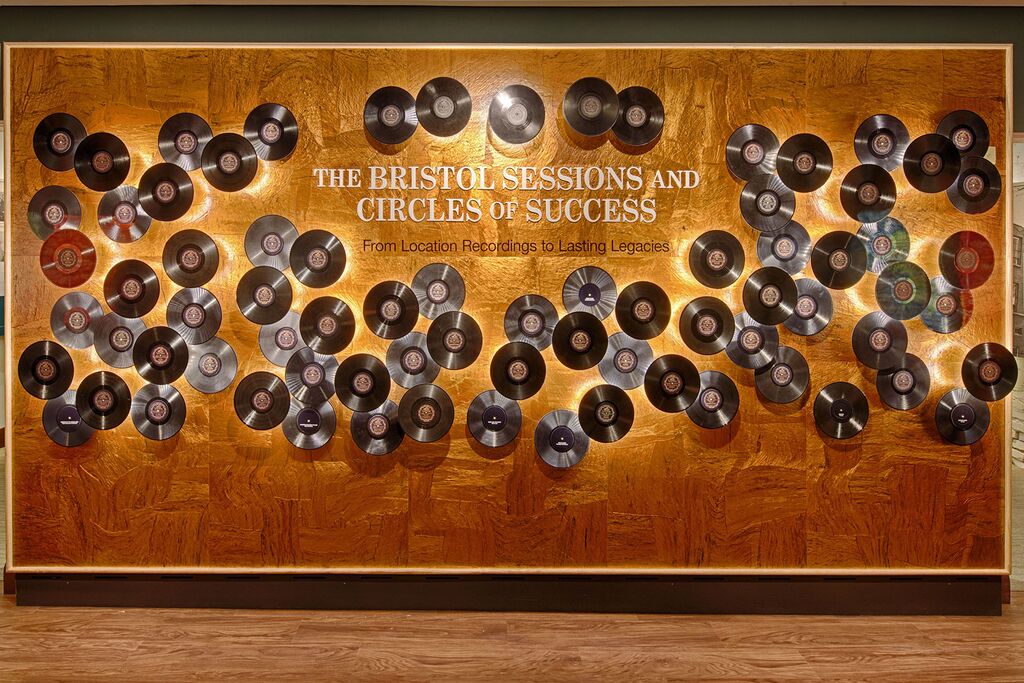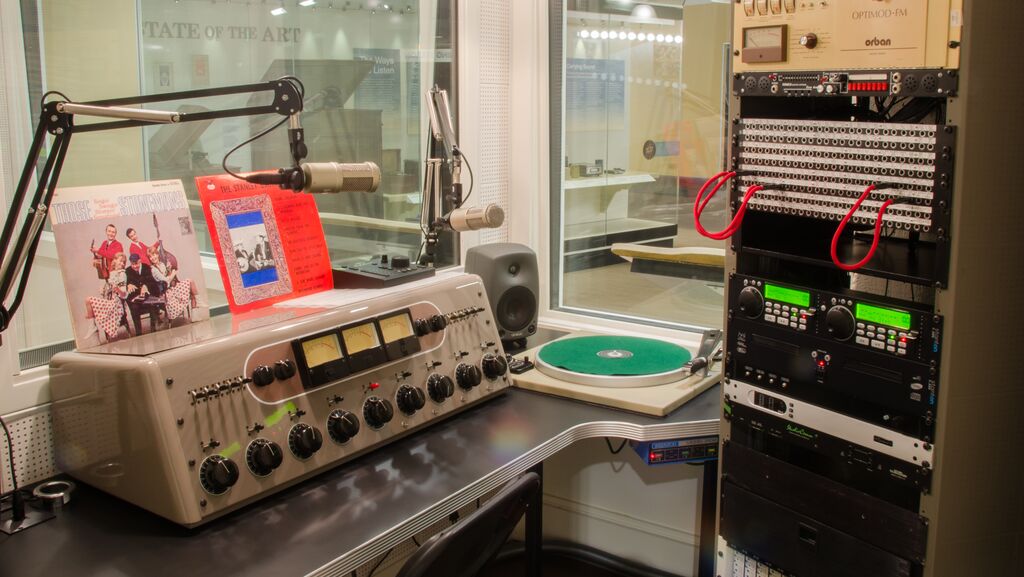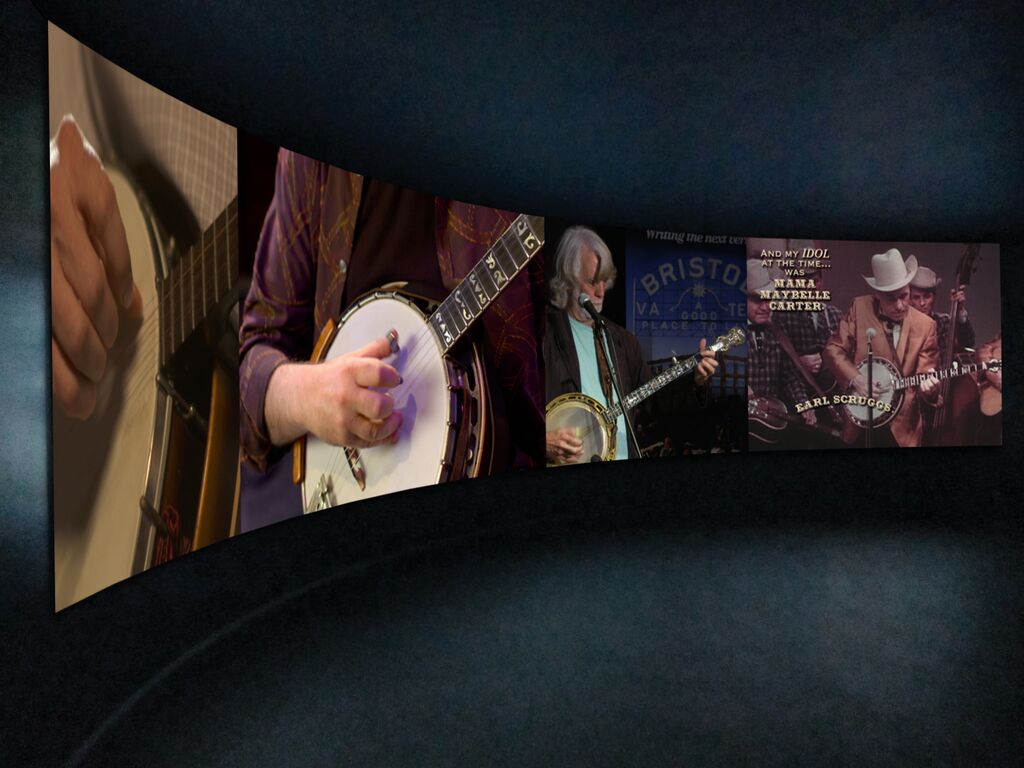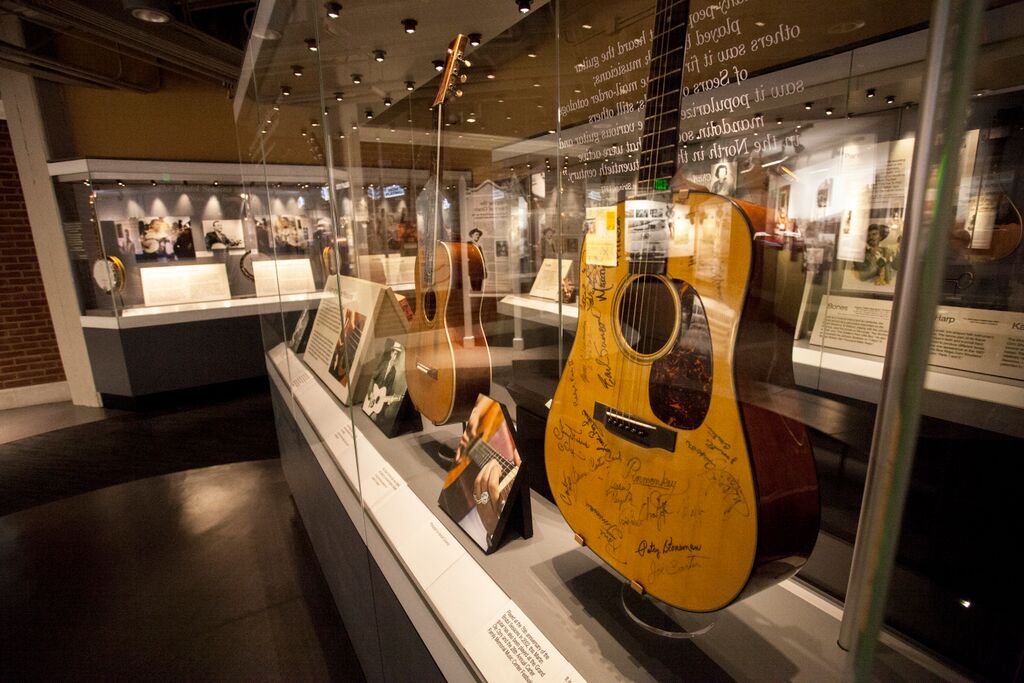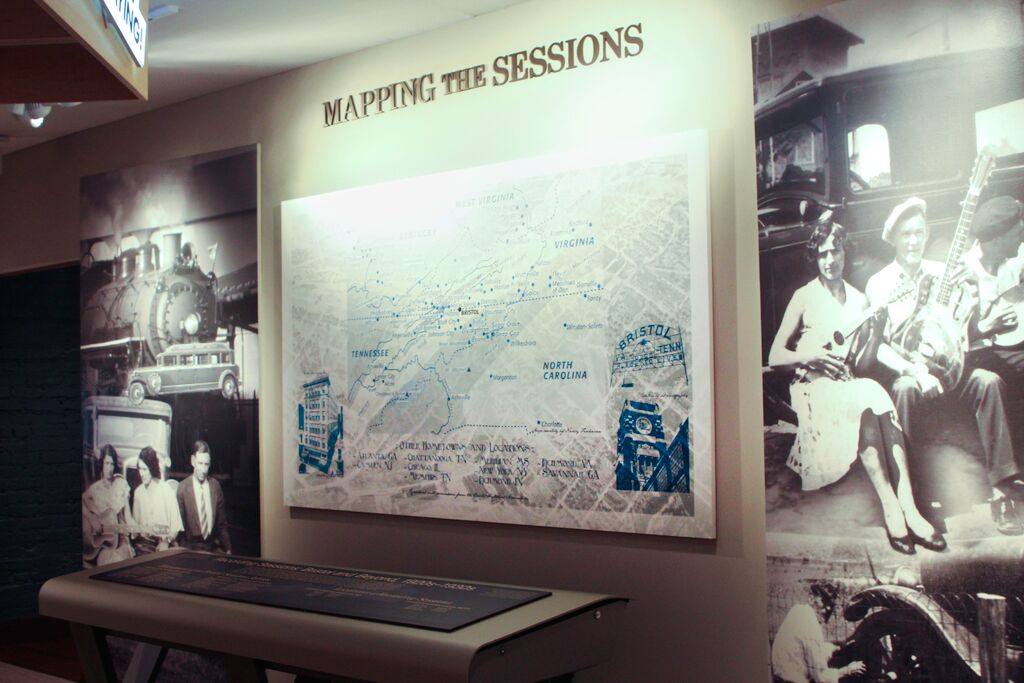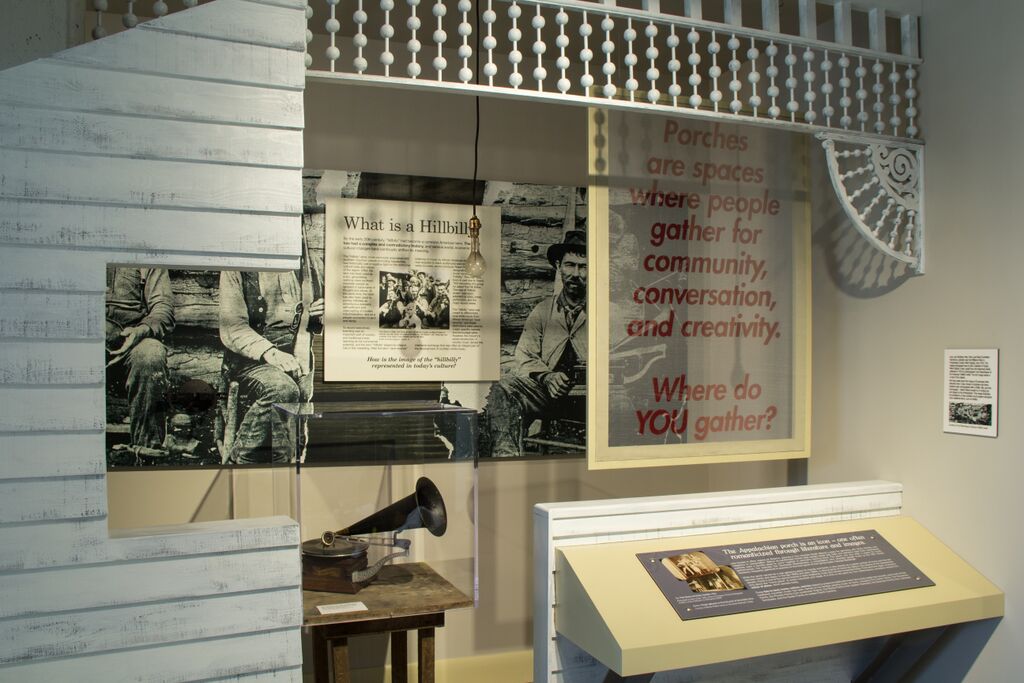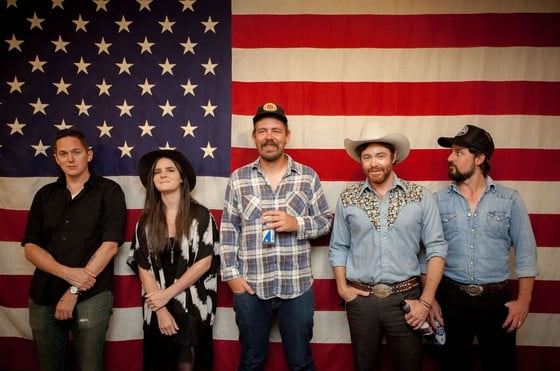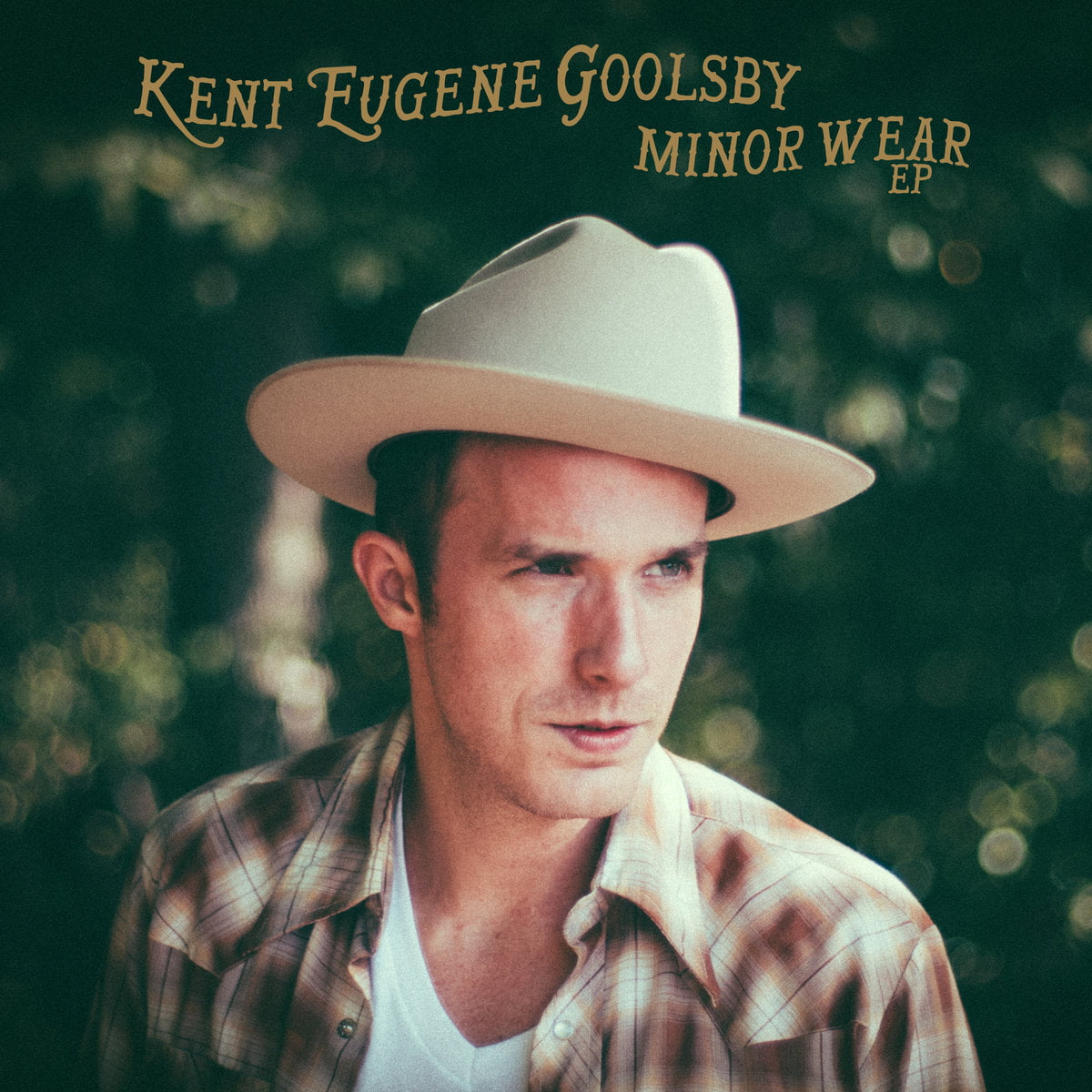We’re starting a new column at the BGS called Counsel of Elders, wherein long-established artists pass their wisdom down to the upcoming generations.
Billy Joe Shaver is one of the most celebrated songwriters of the 20th Century. He is a songwriter’s songwriter whose music is honest and gritty … just like Shaver himself. He lives the music. As one of the main architects of the Outlaw Country movement, Shaver wrote nine of the 10 songs on Waylon Jennings' breakthrough album, Honky Tonk Heroes. Together, Shaver and Jennings broke away from the Nashville Sound and ushered in the harder, more traditional country music of the 1970s. Fellow Outlaw Kris Kristofferson was such a fan that he produced Shaver's debut album in 1973. You may not know the name Billy Joe Shaver, but we guarantee your favorite songwriter is a fan.
Is there something that you know now that you wish you'd known when you were starting out as a songwriter that would have saved you some grief?
Oh yeah, yeah. There’s a lot of things I wish I knew. I guess the main thing is that people are gonna steal from you. You know, songs are so precious and, if they steal them, it’s okay if they get it right. But most times, when they do, they get them … I hate to bring it up, but it’s the truth: If they take them from you, they don’t record them worth a darn because they’re in a big hurry. You know, a person runs faster with a stolen watermelon than one they bought.
I read that you had some publishing rights issues. Is that what you’re referring to?
Yeah, and actually some big songs went big that just broke my heart because I’d just come into town. People need to know that, when you write these things, they’re part of you. The thing is, they’re like real people. I don’t want to say you have to guard them, but you need to be careful with them and treat them good, like children really. When I find I write what I think is a good one, one that I really want to cherish, I spend a lot of time with it before I let anyone else hear it. I just keep going over and over it because it’s like a child and good. You want to spend some time with it. I know everybody says it, but it’s true.
That’s interesting because, in your songs, you feel so present in them. I don’t have kids, but I assume you see yourself in your songs much like you would in your children.
Yeah, that’s what I got. People need to get it in them that what they’re doing is really very, very important. Don’t let anyone tell you that it’s not. It’s art. If you treat it like precious art, you’ll be better off. And the world, too, because you get it out the way you really wanted it. It don’t matter to me whose name is on it. If they get it right, it’s okay. As long as it’s out there right. It’s best to just watch it and be careful. It’s probably not what people want to hear, but it’s true.
It’s also what people need to hear. Was there anyone who helped you navigate the waters when you were starting out as a songwriter?
Not really, no. Nobody in my family played or did music. I was kind of older, anyway. I came into town and I knew … My English teacher way back when I was in the eighth grade told me how good I was and I took her word for it because she was real sharp. She was a 12th grade English teach we had in homeroom. The 8th graders were mixed with the 12th graders. She would come in for an hour and she would teach language … she was the one that always had you do something. She had us write poems. I wrote down one and she didn’t think I wrote it. I was one of those kids with the sleeves rolled up with cigarettes in it. So she didn’t believe I wrote it and she gave me an assignment about a very specific thing to write about and I did. It’s college-accepted poetry now. It was good.
When I quit school, she was upset with me for quitting school because I had a great talent, and I knew it. Which is why, when I cut my fingers off — when I was about 21, I had some fingers cut off at a sawmill — I shot a prayer up to God and said, “God, if you just get me through this one, I’ll go back to doing what I’m supposed to do.” And sure enough, I did. I went right back to practicing guitar. I’d been writing poetry that whole time anyway and I had these songs. I came to town and it happened very quick for me. Then again, I was older. I’d done a lot of living and been a lot of places. Everything I wrote about I did. Waylon Jennings did a whole album of my songs called Honky Tonk Heroes. It helped him as much as it did me, and that’s what I was figuring out … but I couldn’t sing as good as him. The songs are bigger than me, really. They’re huge and he banged them. He stuck his neck out and did that. That’s what got me on.
The main thing is just keep on trying. When you’re knocked down, don’t have a job, or not with a publishing company, if you’re a drunk even, or an addict, just keep on writing because as long as you’re writing and putting down words that you really like, that means you’re a success. Don’t let anyone tell you that you’re not because you’ll have the songs when your time comes. And it’ll come.
Photo credit: Jim McGuire
